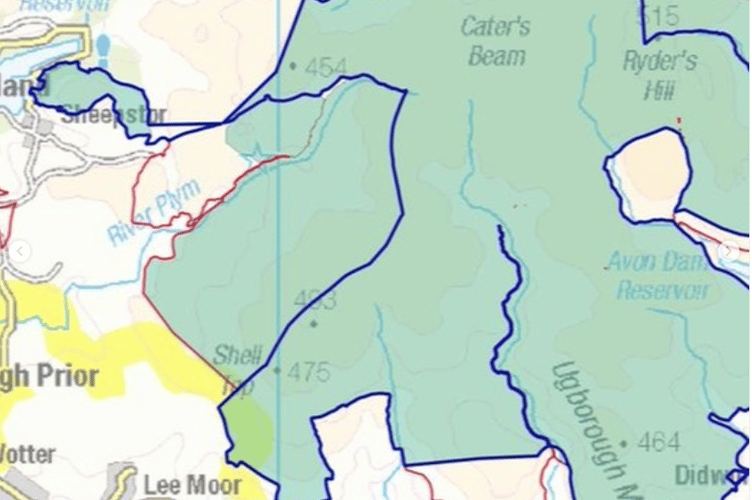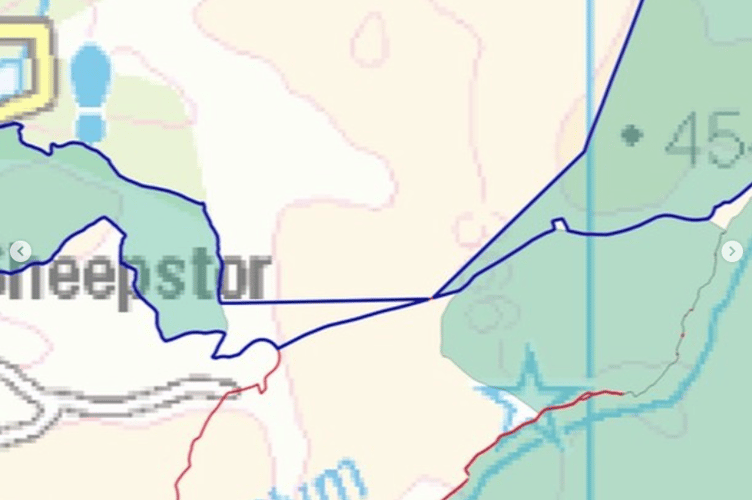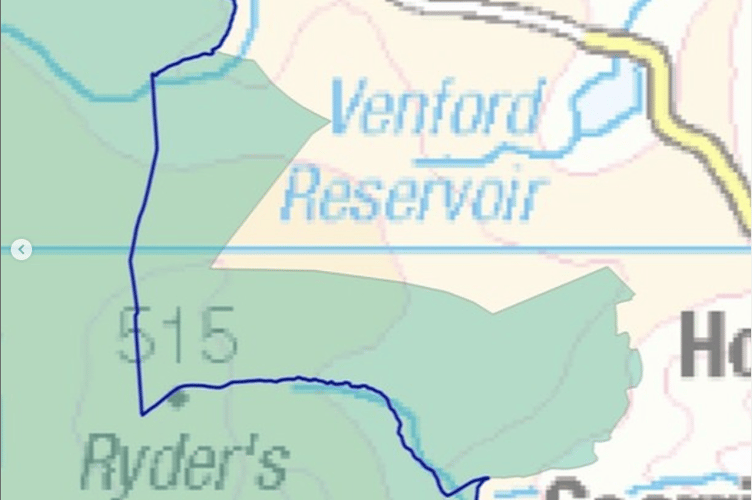THE Wild Camping Zonation on Dartmoor that was created out of the new permissive camping agreement has been changing, with some landowners adding land to the map while others take it away.
The Dartmoor National Park Authority (DNPA) introduced the permissive agreement after losing the recent high court challenge brought by Alexander Darwall, the owner of Stall Moor near Ivybridge.
Since this ruling, which removed the legal right to camp in the national park without the consent of the landowner, camping rights have been at the discretion of the landowner, many of which have entered into the DNPA’s new permissive camping system, in which landowners are paid by the DNPA to allow camping in designated areas.
The new permissive agreement provides camping access to 27% of Dartmoor, totalling 63,000 acres.
The DNPA are also in the process of appealing the ruling, in an attempt to legally enshrine the right to camp once more.
However, the permissive scheme is subject to frequent change, and recent updates have both returned and lost areas for camping.
A large area of Hentor Warren (owned by the National Trust), originally included before 2023, has been returned, as has part of Ditsworthy Warren owned by Lord Roborough.

However, parts of Pupers Hill at Lud Gate (owned by Mr Russell Ashford), that were originally in the scheme have been lost, as well as a separate area of Ditsworthy, east of Sheeptor, originally put back in.

The DNPA has also included a considerable part of Holne Moor, south of Venford Reservoir, which was not previously within the wild camping zonation prior to 2023.

A spokesperson for charity and pressure group The Stars Are Ours, said: ‘While the returned land and the new area at Holne are very welcome, the fragility of this scheme demonstrates why we need the return of rights-based access on Dartmoor.
‘The silent withdrawal of land at Ditsworthy and Lud Gate demonstrates how an attrition of access could occur under this scheme.
‘Access to nature requires a dialogue between rights and responsibilities. It’s not a free-for-all, but nor should it be at the behest of large estates.




